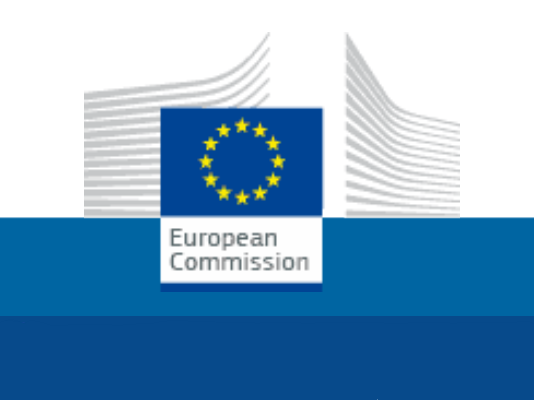With the debate on the future of Europe in full swing, the European Commission is today setting out its vision for how we can create a European Education Area by 2025.
The ideas formulated are intended as a contribution to the EU Leaders' meeting on 17 November 2017 in Gothenburg, where they will discuss the future of education and culture. The Commission believes that it is in the shared interest of all Member States to harness the full potential of education and culture as drivers for job creation, economic growth and social fairness as well as a means to experience European identity in all its diversity.
A European Area of Education should include:
- Making mobility a reality for all: by building on the positive experiences of the Erasmus+ programme and the European Solidarity Corps and expanding participation in them as well as by creating an EU Student Card to offer a new user-friendly way to store information on a person's academic records;
- The mutual recognition of diplomas: by initiating a new 'Sorbonne process', building on the "Bologna process", to prepare the ground for the mutual recognition of higher education and school leaving diplomas;
- Greater cooperation on curricula development: by making recommendations to ensure education systems impart all the knowledge, skills and competences that are deemed essential in today's world;
- Improving language learning: by setting a new benchmark for all young Europeans finishing upper secondary education to have a good knowledge of two languages in addition to their mother tongue(s) by 2025;
- Promoting lifelong learning: by seeking convergence and increasing the share of people engaging in learning throughout their lives with the aim of reaching 25% by 2025;
- Mainstreaming innovation and digital skills in education: by promoting innovative and digital training and preparing a new Digital Education Action Plan;
- Supporting teachers: by multiplying the number of teachers participating in the Erasmus+ programme and eTwinning network and offering policy guidance on the professional development of teachers and school leaders;
- Creating a network of European universities so that world-class European universities can work seamlessly together across borders, as well supporting the establishment of a School of European and Transnational Governance;
- Investing in education: by using the European Semester to support structural reforms to improve education policy, using EU funding and EU investment instruments to fund education and setting a benchmark for Member States to invest 5% of GDP in education.
- Preserving cultural heritage and fostering a sense of a European identity and culture: by developing – using the momentum of the 2018 European Year of Cultural Heritage – a European Agenda for Culture and preparing a Council Recommendation on common values, inclusive education and the European dimension of teaching.
- Strengthening the European dimension of Euronews, which was created in 1993 by a number of European public broadcasters, with the ambition of having a European channel offering access to independent, high quality information with a pan-European perspective.
Full text of the press release is available on the European Commission website

